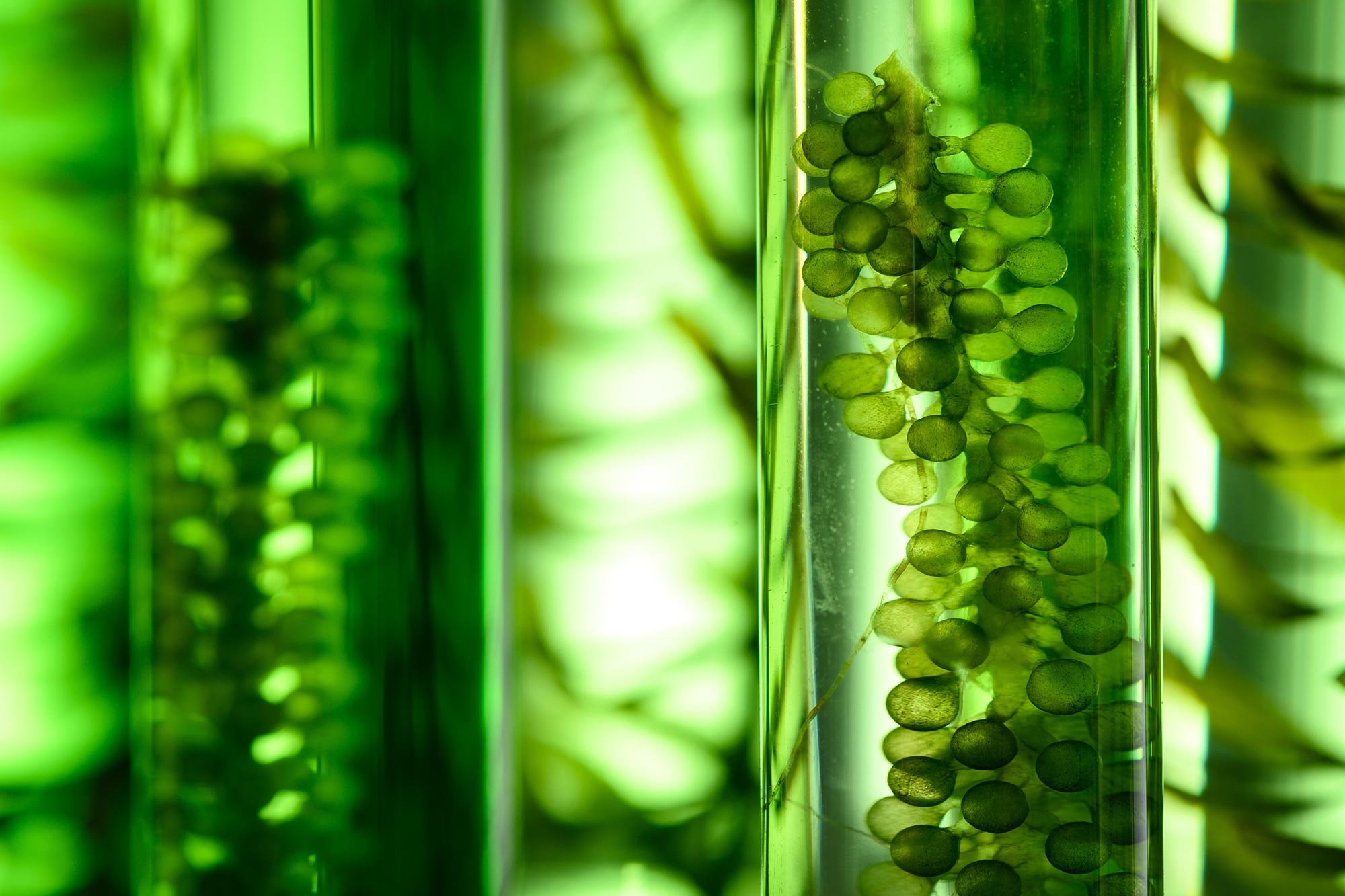Prime Minister Justin Trudeau heads to Switzerland today for a peace summit as Ukraine’s president works to shore up his country’s defence by securing more international support.
The Ukraine Peace Summit is unfolding at a time of extreme peril for Ukrainian troops on the battlefield. Russian gains have led to intense fighting northeast of Kharkiv. Russian drone and missile strikes have badly damaged the country’s energy grid.
Ukraine’s Ambassador to Canada Yuliya Kovaliv said more than 100 countries and organizations have confirmed they’re coming to the conference. She said that shows “how many countries really understand what’s at stake.”
“It’s not only in Europe,” Kovaliv told CBC’s Power and Politics on Friday. “It’s not only within the European Union or European continent. The consequences of this were very strongly felt in all all of the other parts of the world.”
Ukraine’s President Volodymyr Zelenskyy is holding the peace conference near Lake Lucerne immediately after the G7 summit in Italy, while many world leaders are in the region.
At least 90 countries are headed to Switzerland this weekend for the Ukraine Peace Summit, where world leaders will discuss ways to end Russia’s war on Ukraine. Russia was not invited but President Vladimir Putin still laid out his conditions for peace — which Ukraine has called unacceptable. Ukraine’s Ambassador to Canada Yuliya Kovaliv joins Power & Politics to discuss what Ukraine needs to see from allies at the summit.
Zelenskyy is looking for more diplomatic buy-in at the conference for his 10-point peace formula, announced in 2022. Among other things, Zelenskyy’s plan demands that Russia withdraw from all Ukrainian territory.
Russia was not invited to the summit and has dismissed the talks as meaningless. China, which has close ties to Russia, is also skipping the conference.
On the eve of the summit, Russian President Vladimir Putin said his country would cease fire and enter peace talks if Ukraine dropped its NATO ambitions and withdrew its forces from four Ukrainian regions claimed by Moscow.
Ukraine’s foreign ministry has rejected that proposal and called it “absurd” for Putin “who who planned, prepared and executed, together with his accomplices, the largest armed aggression in Europe since the Second World War, to present himself as a peacemaker.”
Dave Perry, president and CEO of the Canadian Global Affairs Institute, said the Russians have the “momentum” at the moment, so it’s “not a great time for Ukraine to be going to the negotiating table.”
As Kyiv marks two years since Russia’s invasion, President Volodymyr Zelenskyy has revealed 31,000 Ukrainian soldiers have died fighting. He also hinted at a planned offensive while urging allies for more support.
“If you’ve got one of two parties to a conflict that aren’t showing up to a summit to discuss peace, then there’s only so much to talk about,” Perry said.
“One of the most productive things that could potentially come out of this is broadening the pool of support in the international community for what’s happening in Ukraine.”
‘A crucial moment for Ukraine’
Trudeau is expected to talk at the peace conference about the human cost of Russia’s invasion, a Canadian government official told CBC News.
Canada is co-leading a coalition of countries trying to reunite abducted Ukrainian children with their families and return “prisoners of war [and] unlawfully detained civilians,” a press release issued by Trudeau’s office said ahead of the visit.
Roland Paris, a former foreign policy adviser to Trudeau, said this conference and the NATO summit set for July provide Ukraine with high-profile platforms to press allies to make new contributions to its defence.
Ukraine is pleading for more support from its allies following a deadly Russian missile attack in the northern city of Chernihiv. One government adviser says the situation is worsening and the country feels abandoned.
“So there is pressure on the participants at each of these meetings to be able to put more things on the table,” said Paris, director of the graduate school for public and international affairs at the University of Ottawa.
“This is a crucial moment for Ukraine. Ukraine is in danger of losing. Ukraine needs help now.”
G7 leaders struck a deal at the summit in Italy to give Ukraine $50 billion US by using the interest on frozen Russian assets to guarantee a loan to help Ukraine.
Canada guaranteed $5 billion as part of the larger package; countries contributing to the loan deal are expecting to get their money back. Zelenskyy told Trudeau the money will aid both the war effort and the reconstruction.
The G7 leaders’ communique released by the U.S. on Friday said they are “standing in solidarity to support Ukraine’s fight for freedom and its reconstruction for as long as it takes.”
























Discussion about this post